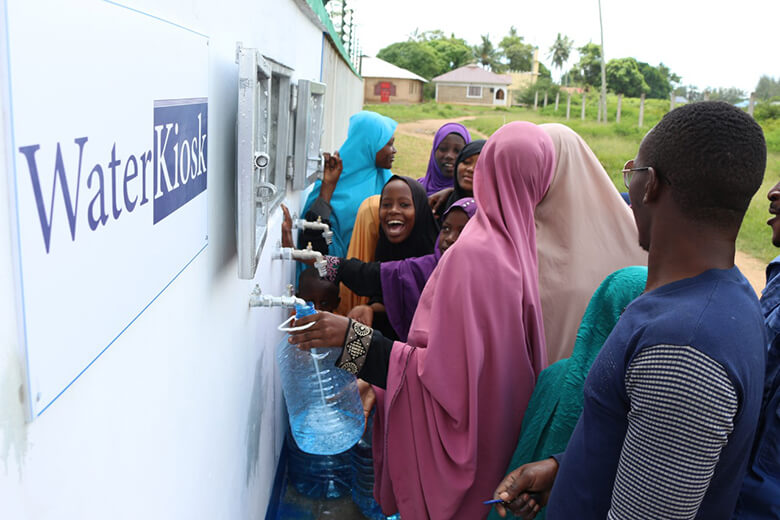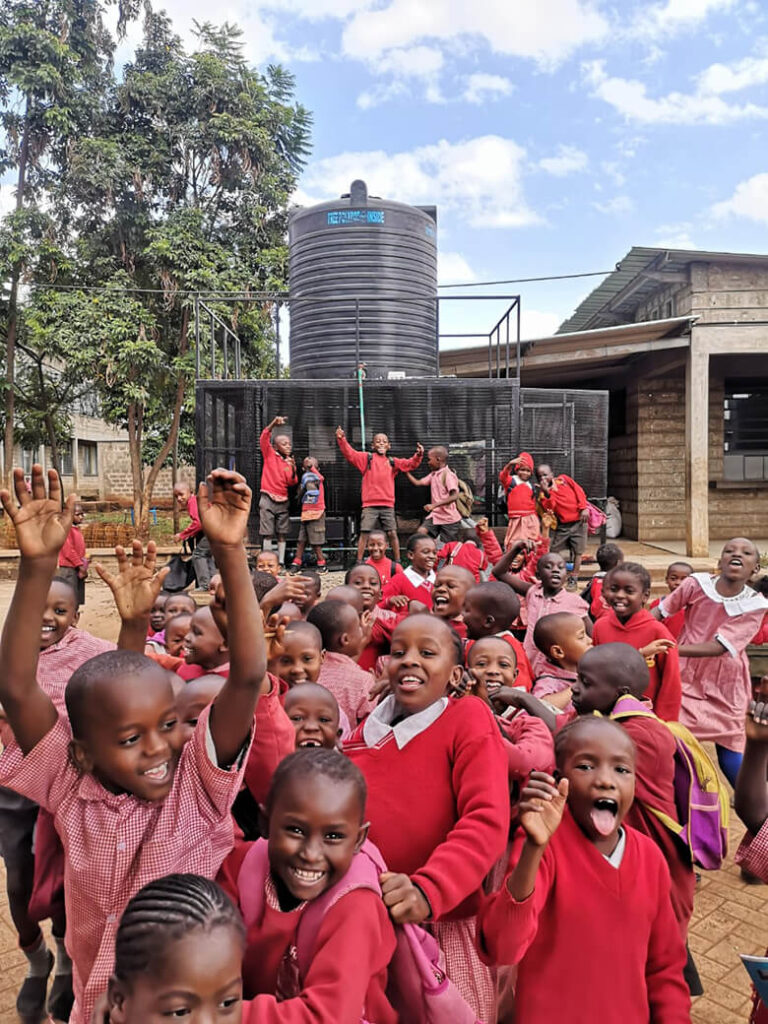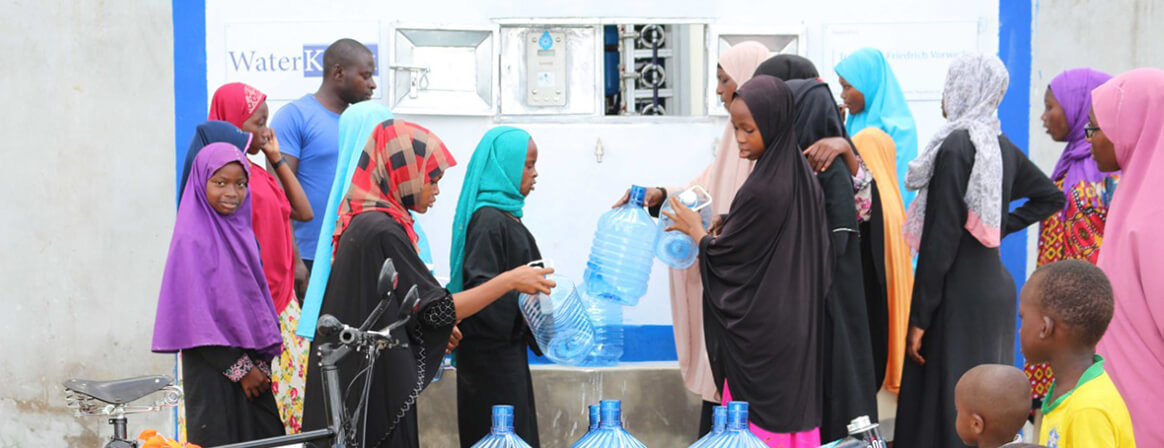The Mohammed bin Rashid Al Maktoum Global Water Award continues its mission of inspiring companies, research centres and institutes, innovators and young people globally to present innovative solutions that can sustainably provide potable water to deprived, needy and afflicted people in all parts of the world.

HH Sheikh Mohammed bin Rashid Al Maktoum, Vice President and Prime Minister of the UAE and Ruler of Dubai, launched the Award, which is organised by the UAE Water Aid Corporation (Suqia), under the umbrella of the Mohammed bin Rashid Al Maktoum Global Initiatives Foundation.
In the previous two cycles, pioneering projects, which used the latest sustainable innovations in reverse osmosis, solar power and solar thermal power, and those using technologies to convert liquids into plasma, have dominated the Award.
HE Saeed Mohammed Al Tayer, Chairman of the Board of Trustees at Suqia UAE, confirmed that the Award’s scope was expanded to include new technologies that produce, distribute, store, monitor, desalinate and purify water using renewable energy. Suqia made its decision after seeing the Award’s vital contribution to the development and innovation of new and leading technologies. In addition, Suqia added the new ‘Innovative Crisis Solutions Award’ to the three existing categories to allow the participation of more research institutions and individuals.
The winners saw the Award as an opportunity to show their projects they designed to make a difference in more communities worldwide. Through the initiative, they were given a chance to develop more efficient technologies at a lower cost with more efficiency, improve their skills and that of their team members and enhance innovation in their work environments.
Dr Hamed Beheshti, Co-Founder and CEO of Boreal Light GmbH (Germany), commended the Award’s worthy mission to help address the global water crisis through innovation and development of advanced technologies. Boreal Light GmbH won second place in the second cycle’s ‘Innovative Projects Award – Small Projects’ category.
“The Award had allowed us to expand the scope of our projects, which initially involved implementing the largest number of solar-powered desalination plants in Africa, and opened doors for us to reach new countries such as Indonesia and the Philippines. Through the Award, new investors were introduced to our innovative technologies, and we were able to improve the capacity of our human resources. With the expansion of the Award’s scope to include renewable energy, we are looking forward to participating in its third cycle and highlighting our capability in finding a sustainable solution to help the poor gain access to safe and potable water,” said Beheshti.

Jan Riedel from Germany, the winner of the second cycle’s ‘Innovative Individual Award – Youth’ category, shared that, after winning, he was able to implement three projects which provide safe drinking water to three schools in Tanzania. Riedel is eyeing to roll out three new projects this 2021. He aspires to invest his prize in supporting innovation in Tanzania by providing students with simple equipment such as pipes and small pumps to allow them to create new projects and technologies. Riedel is looking forward to participating in the third cycle of the Award, especially with its expansion to include renewable energy such as wind energy.
Alfredo Zolezzi, Founder and CEO of Plasma Waters also commented on how the Award had helped the company after winning the ‘Innovation Research & Development Award – Global Institutions’ category during the second cycle.
“After receiving the award, many potential clients had expressed interest in our technology. Aiming to install the units that we developed for our Kenya project in cooperation with Airbus Foundation and succeeded in doubling the number of our projects in the country. As a result, we successfully provided safe water to thousands of deprived Kenyan children. We are currently working on projects to install seven units in Chile and three units in the Indian city of Pune, India. We also received the support from Siemens Caring Hands, which funded one unit to help combat the coronavirus pandemic,” said Zolezzi.
“The award helped us improve the plasma chamber of the project by using new materials that can increase productivity and reduce the units’ energy consumption. We also formed work teams to develop our technologies and support projects’ sales,” he added.
